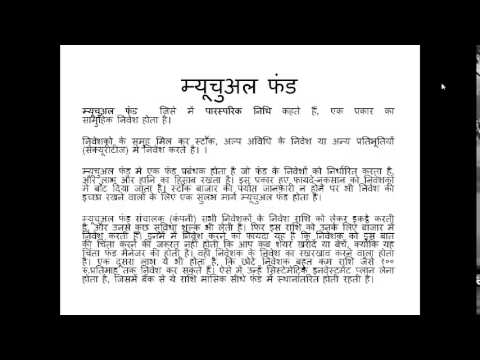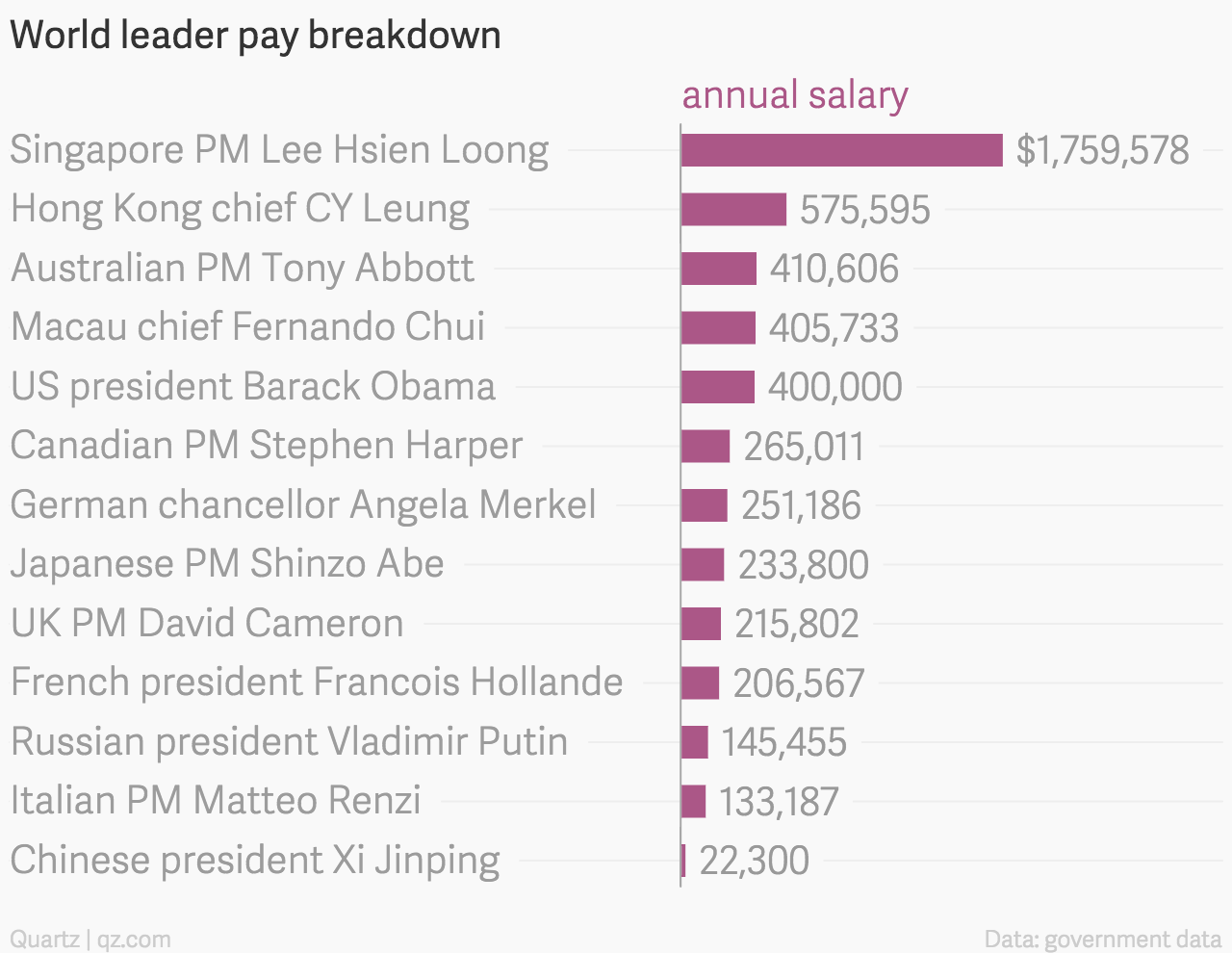Contents
The key motives of a derivative contract are to speculate on the underlying asset prices in the future and to guard against the price volatility of an underlying asset or commodity. Some of the common underlying instruments are currencies, stocks, bonds, commodities, and market indexes. Meanwhile, futures and forwards contracts, swaps, warrants, and options are the most widely used types of derivatives. Options are derivative contracts that give the buyer a right to buy/sell the underlying asset at the specified price during a certain period of time. You can exercise American options at any time before the expiry of the option period.
In this way, if the price of sugar increases considerably, the manufacturer can afford to buy the necessary quantity a few months later. In the 1930s, the modern put and call options became a commonplace feature on the London Stock Exchange. Research & market reviews new Get trading insights from our analytical reports and premium market reviews. Types of derivatives include Forwards, Futures, Options, and Swaps. It is primarily undertaken to make lucrative profits in the future.
These contracts are not traded on the exchanges and investment bankers are the middlemen to these contracts. They aim at derivative markets to secure their investment portfolio against the market risk and price movements. They do this by assuming an opposite position in the derivatives market.
Instead, derivatives are for experienced, active investors who want to use them to try to profit from specific situations. For example, an investor who wants to hedge the risk of holding a volatile asset or an investor that wants to bet against a specific stock could benefit from using derivatives. They’re largely traded on over-the-counter markets and are mostly used by institutions that want to hedge their risks.

Changes will be effective upon posting of the revised Privacy Policy on the Website. This Agreement describes the terms governing the usage of the facilities provided to you on the Website. Clicking “I Agree” to “Terms & Conditions”, shall be considered as your electronic acceptance of this Agreement under Information Technology Act 2000.
Types of Derivatives
Futures contracts don’t have the same type of inherent leverage as the stock option example above but are often traded in highly leveraged transactions on commodity and futures exchanges. That means that if you buy $50,000 of stock using margin, you have to use $25,000 of your own cash. But remember, this means that if the price of the underlying asset falls by just 3%, you’ll be wiped out.
- Are traded by referring to the basic principles of futures and options trading.
- The underlying security under swap contracts is interest rate or currency.
- When engaging in speculation, you can make a profit if the asset’s purchase price is lower than the asset’s price at the end of the futures contract.
- Speculators are individual traders who aren’t interested in the physical product, and their main aim is to profit from the underlying assets, such as stocks or commodities, and price movements.
This lets organizations trade based on the interest rate of different liabilities or securities. It also lets them exchange the credit risk for instruments like loans. The primary difference between options and futures is that a futures contract includes an obligation to complete the transaction. Someone who holds an option can decide not to exercise it, allowing it to expire. Someone who owns a futures contract to purchase a quantity of a commodity at a set price must complete that purchase on the contract’s expiration date, regardless of the market price of that commodity.
Collateralized debt obligation
In this manner, they transfer the risk of loss to those others who are ready to take it. In return for the hedging available, they need to pay a premium to the risk-taker. Imagine that you hold 100 shares of XYZ company which are currently priced at Rs. 120. However, you don’t want to make losses due to a fall in market price. At the same time, you don’t want to lose the opportunity to earn profits by selling them at a higher price in the future.

Unlike an option, both parties of a futures contract must fulfill the contract on the delivery date. The seller delivers the underlying asset to the buyer, or, if it is a cash-settled futures contract, then cash is transferred from the futures trader who sustained a loss to the one who made a profit. To exit the commitment prior to the settlement date, the holder of a futures position can close out its contract obligations by taking the opposite position on another futures contract on the same asset and settlement date. A credit default swap is a financial swap agreement that the seller of the CDS will compensate the buyer in the event of a loan default or other credit event.
Derivative Security
Derivatives trading requires a good understanding of the stock market. Knowledge and time to track the stock market movements are primal for participating in the derivatives market. A derivative is a contract between two or more parties whose value is based on an already-agreed underlying financial asset, security, or index. Stock options differ from futures because they give the contract holder the right to buy or sell the stock, but there is no obligation. As we’ve talked about above, you can use stock options to hedge your bigger positions or use them as a leveraged way to trade a stock.
There are historical anecdotes of options and futures around the world through medieval times and into the 1800s when the Chicago Board of Trade was formed and derivatives started to modernize. Swaps are another OTC derivative typically used to hedge interest rates. With this instrument, you swap the cash flow with a counterparty.
Corporates use swap contracts to minimize and hedge their uncertainty risk of certain projects. Namely, interest rate swaps, currency swaps, commodity swaps and credit default swaps. For example, a call option on the stock of Coca-Cola is a derivative security that obtains value from the shares of Coca-Cola that can be purchased with the call option. Call options, put options, convertible bonds, futures contracts, and convertible preferred stock are examples of derivatives.

The Website reserves the right to withdraw, discontinue, modify, extend and suspend the Promotional Offer and the terms governing it, at its sole discretion. Your right to use the facilities is personal to you; therefore, you agree not to resell or make any commercial use of the facilities. In addition, the Website welcomes your feedback as a user of the facilities. The Website shall have a worldwide, royalty-free, non-exclusive, perpetual, and irrevocable right to use feedback for any purpose, including but not limited to incorporation of such feedback into the Website or other Website software or facilities. Information published on the Website may contain references or cross references to products, programs and facilities offered by ABC Companies/third parties that are not announced or available in your country.
Why do investors enter derivative contracts
Hedgers and speculators widely use these contracts to take advantage of market volatility. The buyer of the contract agrees to buy the asset at a specific price on a specific date. The different types of derivatives include futures and options, forwards and swaps. This article covers in detail what financial derivatives are, how it works, types and the different players in the derivatives market. Derivatives can be a very convenient way to achieve financial goals. For example, a company that wants to hedge against its exposure to commodities can do so by buying or selling energy derivatives such as crude oil futures.
On December 20, 2013 the CFTC provided information on its swaps regulation “comparability” determinations. The release addressed the CFTC’s cross-border compliance exceptions. The loss of US$1.2 billion equivalent in equity derivatives in 1995 by Barings Bank. https://1investing.in/ Derivatives are often subject to the following criticisms; particularly since the Financial crisis of 2007–2008, the discipline of Risk management has developed attempting to address the below and other risks – see Financial risk management § Banking.
Every financial market is influenced by a variety of elements, including economic, political, and social concerns. Any one of these influencing elements is sufficient to induce a large market shift. As a result – you must be aware of these developments and be prepared ahead of time.
The strong creditor protections afforded to derivatives counterparties, in combination with their complexity and lack of transparency however, can cause capital markets to underprice credit risk. This can contribute to credit booms, and increase systemic risks. Indeed, the use of derivatives to conceal credit risk from third parties while protecting derivative counterparties contributed to the financial crisis financial derivatives meaning of 2008 in the United States. OTC represents the biggest challenge in using models to price derivatives. Since these contracts are not publicly traded, no market price is available to validate the theoretical valuation. Most of the model’s results are input-dependent .Therefore, it is common that OTC derivatives are priced by Independent Agents that both counterparties involved in the deal designate upfront .
